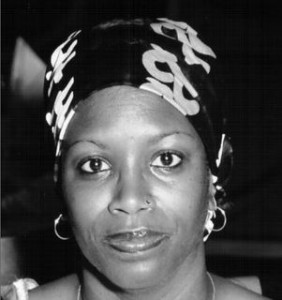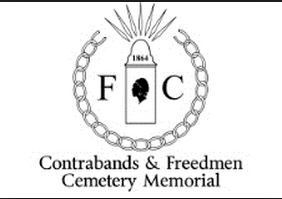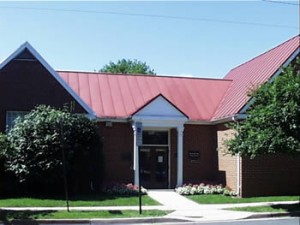Genealogist Char McCargo Bah digs deep into history, finding lost or unknown ancestry, and connecting families with their relatives of the past.

Genealogist Char McCargo Bah
For nearly three decades, Bah has assisted over 100 individuals in finding their lost lineage. She rigorously combs through ancient archives and historical state and county records. Bah’s work has help countless men and women trace their family’s roots back to Africa, locate living relatives, and fill in the gaps to stories past down from generation to generation.
“It’s like working a puzzle”, said Bah. “You have to search every piece, every record, and every corner to find the connections.”
Inspired by Alex Haley’s 1976 novel, Roots, Bah realized early on that her future was in genealogy. She took courses at Georgetown University, studied aboard in Sierra Leon, and earned her degree in Urban Studies and African American History at the University of the District of Columbia.
Upon hearing about genealogy classes at the Washington D.C. Genealogical Society in 1981, she signed up for membership and served on the organization’s board for 23 years. In 1990 she began taking on clients and soon gained a reputation as being one of the best in her field.
From 2008 to 2009, she was hired as the Official Genealogist for the Office of Historic Alexandria and assisted the county in uncovering the names, lives, and histories of those buried at Contrabands and Freedman Cemetery in Alexandria, Va.
Bah has appeared as a key speaker in numerous television series and documentaries including an interview with Fox 5 News in Washington D.C., BBC Radio, and PBS’ History Detectives. With such an enduring passion for retracing the past and connecting people with their past ancestry, Bah even took on pro-bono jobs, dedicating well over 2,800 hours a year to help individuals find their long lost loved ones.
“It was important to tell their stories,” Bah said. “Many times my research would lead me to different states, different counties and unexpected directions. can be costly, and I have accrued expenses during my research, but the emotions from the people, the clients – their reactions to finding relatives they never thought they would find – it’s all worth it.”

Bah assisted the county in uncovering the names, lives, and histories of those buried at Contrabands and Freedman Cemetery in Alexandria, Va.
Bah said she experienced an emotional and personal journey while assisting an elderly German man in finding his African-American father. “My client was of German and African-American decent, born in 1947 a few years after , and left by his mother in an orphanage,” Bah said. “ All I knew going into this research was that I was looking for his father, a man named James Clark, who lived on Early Street in Lynchburg, Virginia. I had only a name, his occupation – military – and the street he used to live on.”

Bah will be teaching genealogy classes at the Alexandria Black History Museum.
At first, she was reluctant to take on the case, assuming that the search for a name as common as ‘James Clark’ would be similar to finding a needle in a haystack. However, Bah never gave up. After rummaging through hundreds of census records, city directories, court and military records, Bah discovered something truly amazing. “Not only were our families from the same region in Lynchburg, but we were related. His father, James Clark was my great uncle.” James Clark had since passed, but Bah’s client gained far more than he ever expected – a biological cousin and the long lost family connection he sought.
Bah will be teaching genealogy classes at the Alexandria Black History Museum located at 902 Wythe St. this April. She has already begun conducting a series of genealogical lectures. Her next lecture is 11 a.m. to 1 p.m. on Feb. 28.
“For anyone who wants to start their own genealogical research, I say, take it like you would a college degree. Make sure your foundation is good. You cannot skip any process and you cannot assume anything you see online is completely genuine. You need to do fieldwork; visit courthouses, cemeteries, search tax records, church records, census records, photo registrations and voting records,” Bah said.

